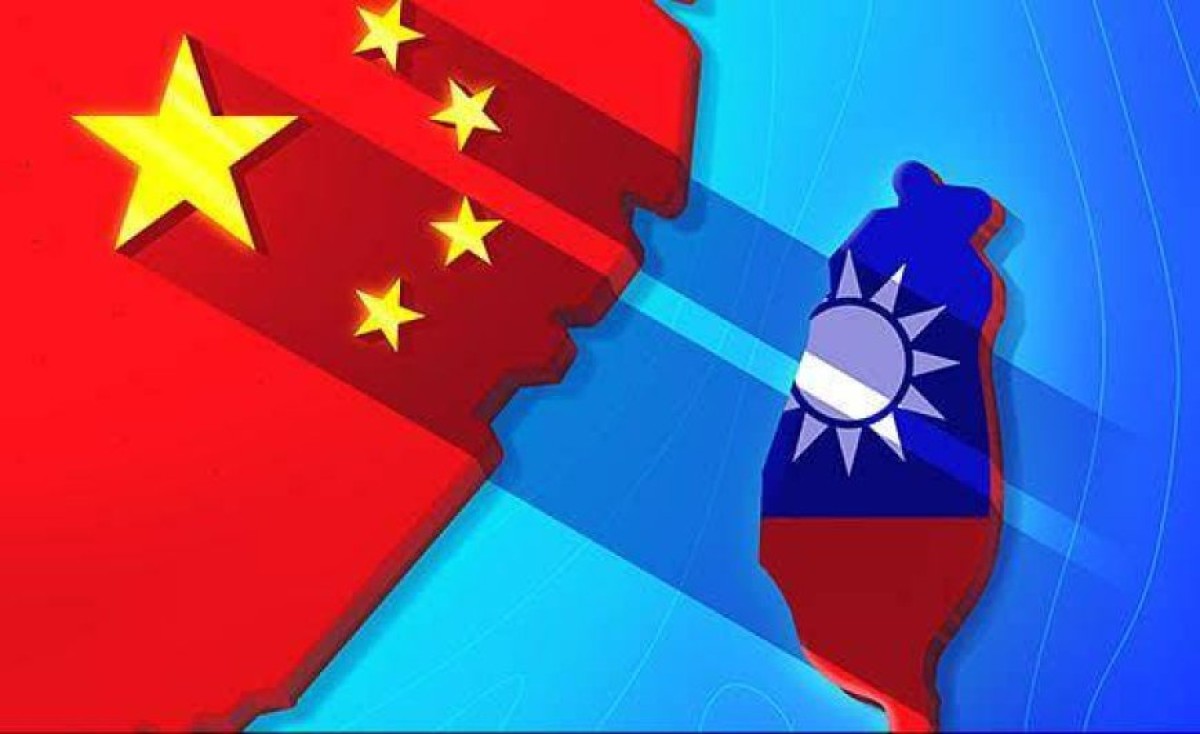 160
160
Taiwan's Election: A Prelude to WWIII?
Taiwan's Election: A Prelude to WWIII?
The recent electoral outcomes in Taiwan have once again thrust East Asia Island into a state of limbo, laden with potentially hazardous and unforeseeable events. With three candidates vying for the presidency, the island's 23 million inhabitants made a critical choice, ultimately electing a candidate who opposes rapprochement with Beijing. Securing 40% of the votes, the candidate emerged victorious, leaving the pro-China contender with 33% of the votes. The candidate advocating simultaneous negotiations with both China and the United States languished in last place, receiving a mere 26% of the votes.
By: A. Yeganeh
This election holds significance due to the fact that over 50% of the voters supported the two candidates who did not emerge as winners. Nearly half of this group expressed their desire for Taiwan's annexation by China, while the rest indicated their preference for peaceful dialogue to avert war and violent escalations. Armed with the information gleaned from these election results, politicians from both the Eastern and Western fronts can now formulate their latest analyses and decide whether to pursue paths towards war or peace.
For the East and West, Taiwan's election represents a crucial juncture, potentially serving as the final barrier before war. The Chinese President, in his New Year's address, reiterated the inevitability of Taiwan's return to the motherland. Meanwhile, the United States maintains its unwavering support for Taiwan, providing military and political aid for the breakaway island, as it does for Ukraine and the Israeli regime.
Observers concur that a potential war in Taiwan would effectively dismantle the Western Front's support network for its allies across the globe, particularly in the Pacific. Presently, the United States is embroiled in multiple conflicts:
1. The Ukrainian conflict shows no signs of reaching a resolution.
2. The Israeli war on Gaza remains devoid of any military success for Tel Aviv.
3. The Israeli regime's border situation with Lebanon is alarmingly volatile.
4. The Battle for Bab-el-Mandeb signifies the struggle between the United States, Britain, and Yemen, with indications of no positive horizon for the Anglo-Saxon axis.
5. The Korean Peninsula teeters on the edge of a nuclear conflagration, trapped in an armed peace.
Traditionally, the months leading up to US elections witness a state of peace in the country's foreign policy, with war being avoided. Consequently, any of the aforementioned concerns that currently preoccupy Washington and its British allies become intertwined with the impending Taiwan-China battle.
The significance of this issue for the Eastern and Western blocs becomes abundantly clear as this conflict serves as a potential precursor to the eruption of World War III, spreading from the coup-ridden African continent to the inflamed regions of the Middle East all the way to the Far East. Attempts to quell this domino effect through peace negotiations would become futile.
In conclusion, the recent elections in Taiwan have emerged as one of the most pivotal events in modern East Asian history, carrying significant implications for both China and the United States. Beijing envisions a system whereby Taiwan falls under its sovereignty while still maintaining a degree of autonomy. This proposed arrangement, if agreed upon by global powers, could potentially establish a peaceful process in Taiwan. However, there remains a strong likelihood of a military confrontation between the Eastern and Western blocs over Taiwan. In essence, Taiwan becomes the second casualty, following Ukraine, in the power-driven wars waged by Washington, seeking to preserve the unipolar system developed after the Cold War.
 160
160
Comment
Post a comment for this article